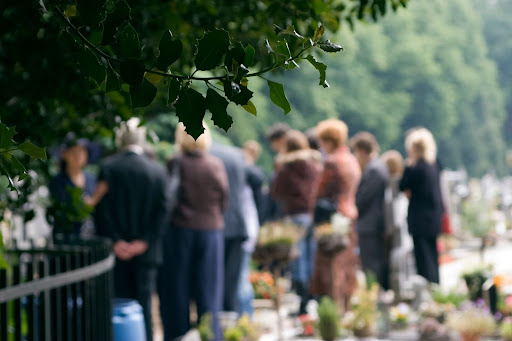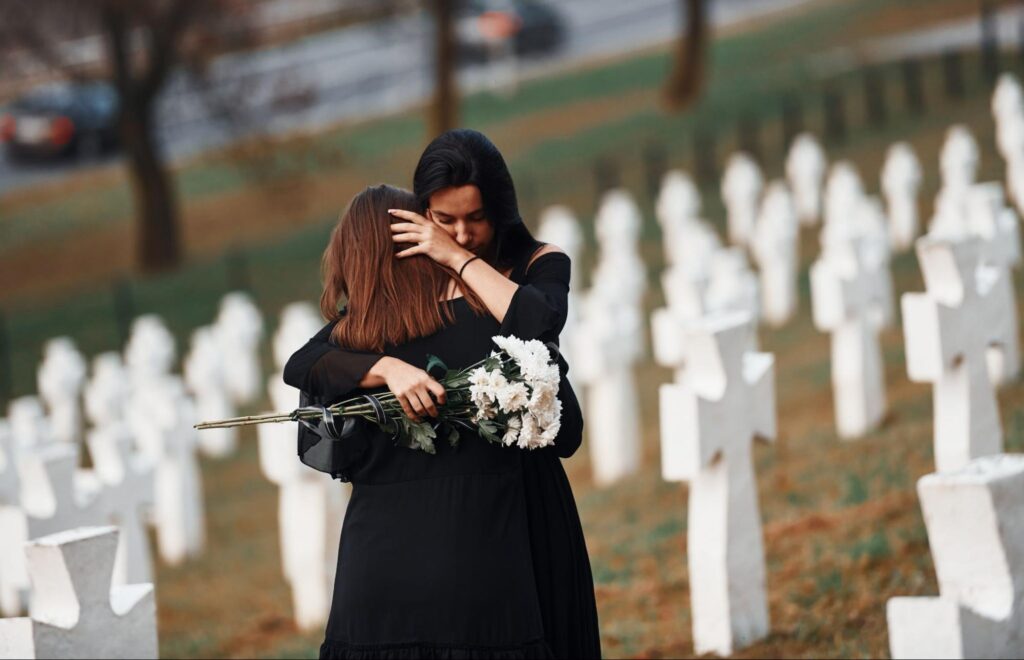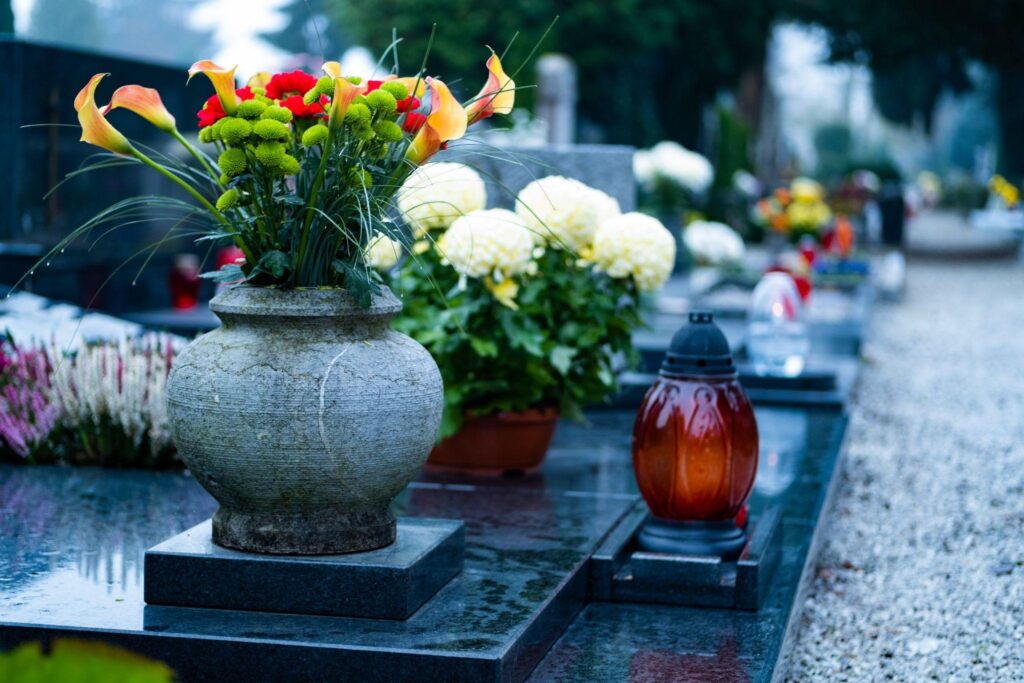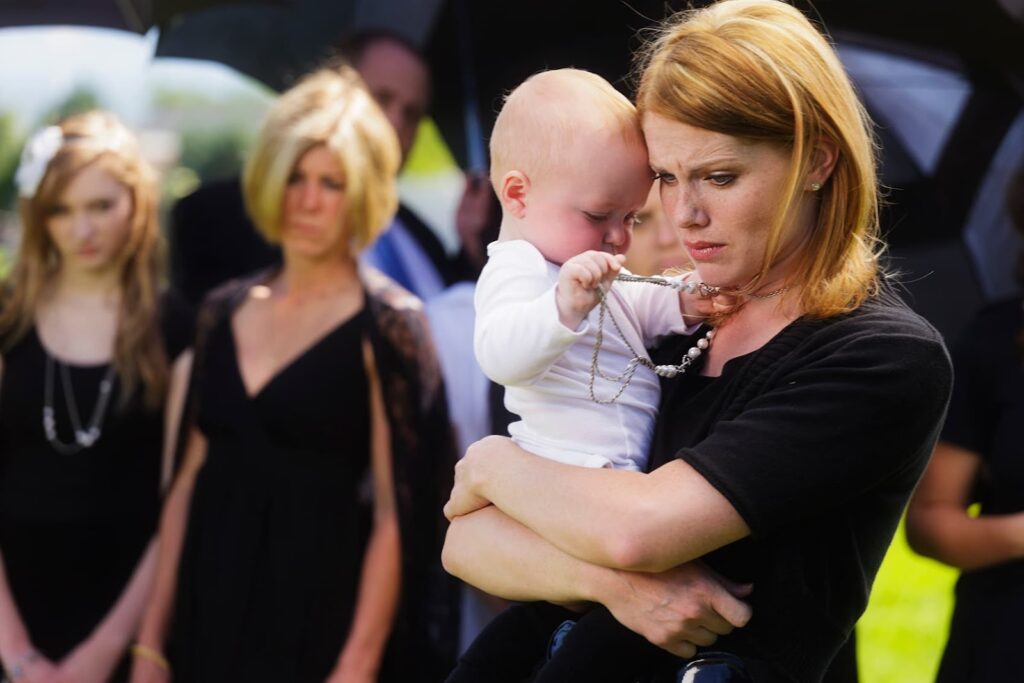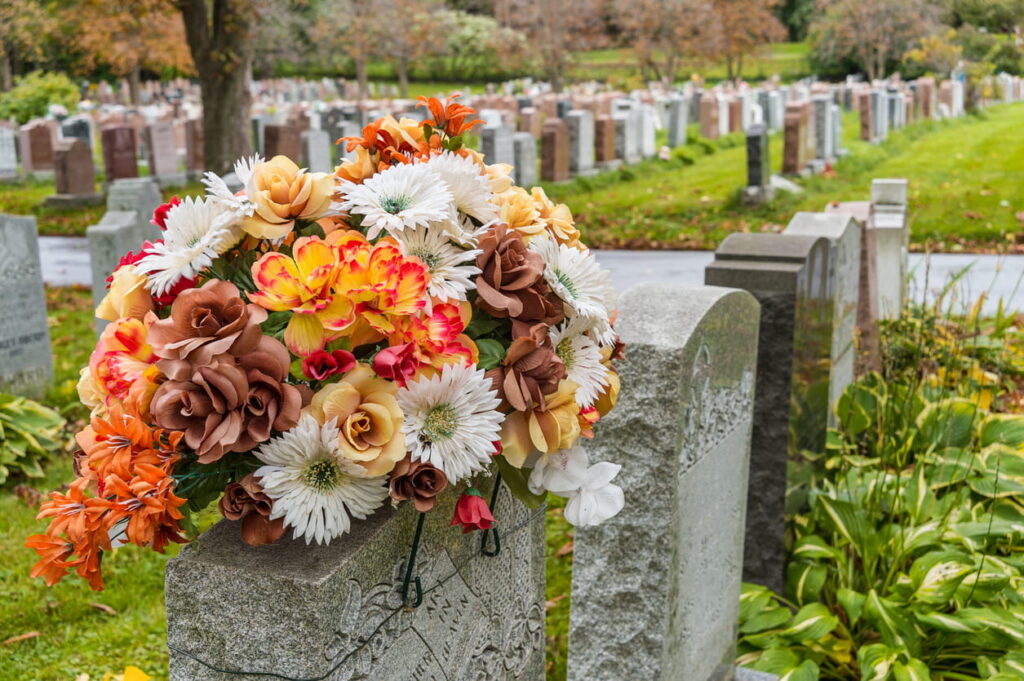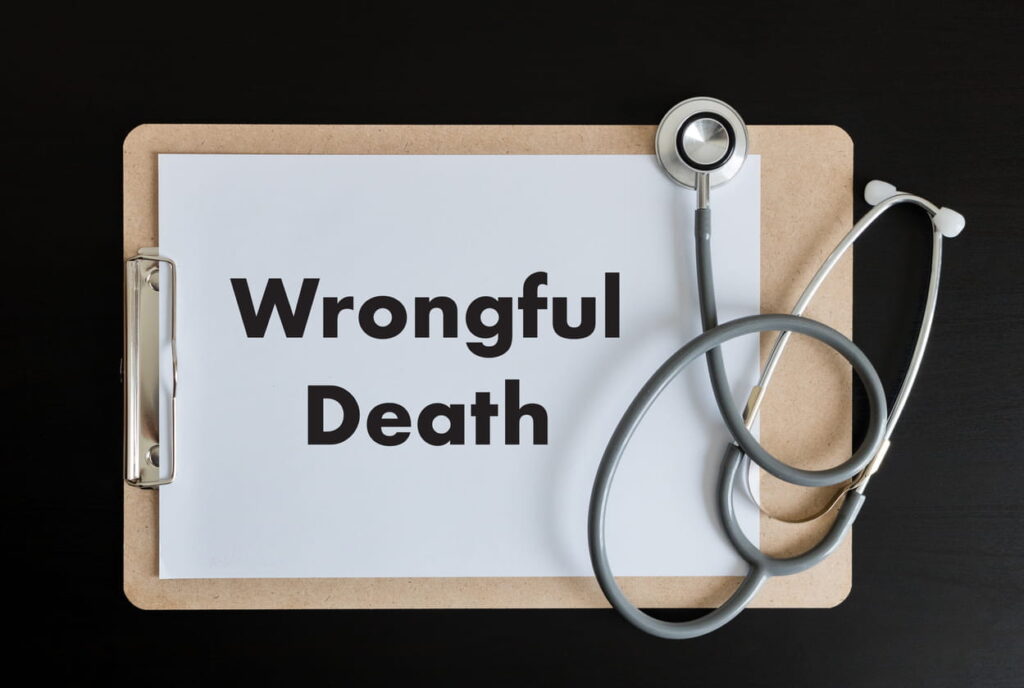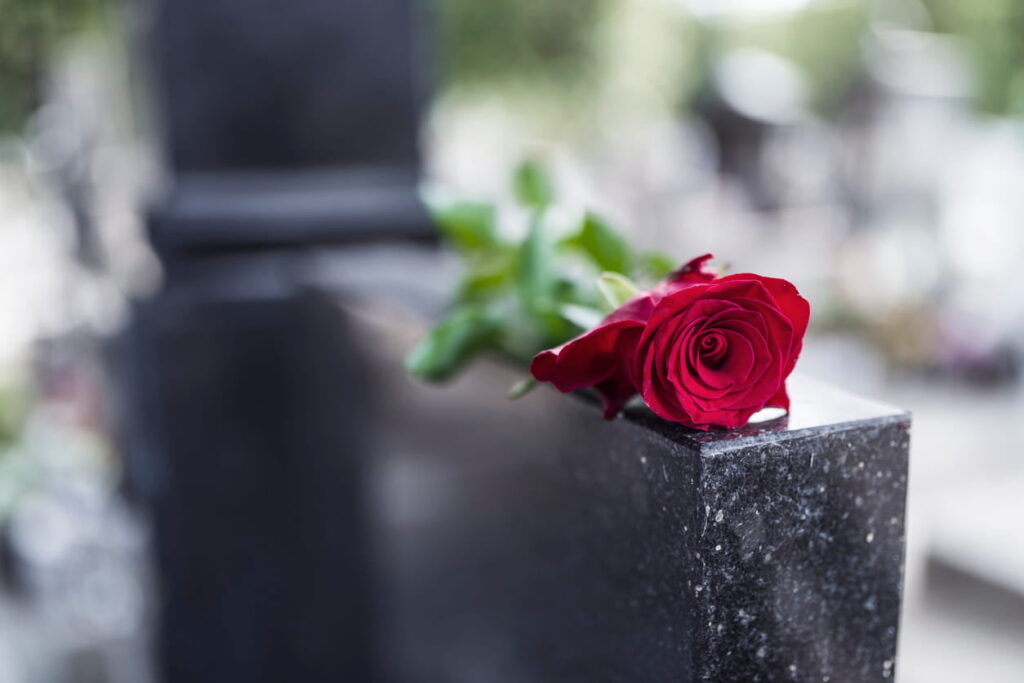Different Kinds Of Wrongful Death Cases
There are a number of different kinds of accidents and intentional acts that can give rise to a wrongful death claim. Even among wrongful death claims, there are several categories and classifications into which a claim may fall. These different categories are based on the laws and the compensation you may stand to receive based on the case’s specific facts. Our Colorado personal injury attorneys explain the different kinds of wrongful death cases.
Bachus & Schanker Wins – Over $1 Billion Recovered
- Common Causes of Wrongful Death Cases
- Other Classifications of Wrongful Death Cases in Colorado
- General Negligence vs. Medical Malpractice
- Kinds of Damages in Colorado Wrongful Death Cases
- Economic vs. Non-Economic Damages in Colorado Wrongful Death Cases
- Negligence vs. Felonious Killing
- General vs. Exemplary Damages
- Wrongful Death vs. Survival Statute
- Attorneys Who Handle All Types of Wrongful Death Cases
- Visit Our Office Locations Across Colorado & Beyond
- Related Wrongful Death Resources
- You Deserve Fair Compensation
Common Causes of Wrongful Death Cases
Some of the different kinds of wrongful death cases are:
- Car accidents, motor vehicle accidents
- Truck, semi-truck, van, motorcycle, bicycle and pedestrian accidents
- Dangerous or malfunctioning products, products liability
- Chemical spills, exposure to hazardous chemicals, poisoning
- Medical malpractice
- Boating accidents
- Aviation accidents
- Electrocution
- Dangerous machines
- Workplace accidents
- Nursing home abuse and neglect
- Child care abuse and neglect
- Assault and battery, homicide
- Slip and falls, falling objects
This list is not exhaustive. When a negligent act causes an injury, it may be the underlying basis for a wrongful death claim. Assault and battery and other intentional acts are also types of wrongful death cases.
Other Classifications of Wrongful Death Cases in Colorado
Once you’ve established your case as a wrongful death case, there are still many different categories that it may fall into. These classifications impact things like what you may receive in compensation and how you need to go about pursuing your case.
General Negligence vs. Medical Malpractice
Wrongful death claims are either general negligence or medical malpractice. In Colorado, medical malpractice claims are in a separate category from other wrongful death claims. The Wrongful Death Act (C.R.S. 13-21-102.51) references medical malpractice claims. The wrongful death law refers to medical malpractice laws to set damages caps for non-economic losses in Colorado medical malpractice wrongful death cases. The maximums are periodically increased to account for inflation. Maximum damages are different in general negligence vs. medical malpractice cases. Along with different maximums for non-economic damages, there’s a different standard to prove medical malpractice as compared to general negligence. The victim has to show what professional standards were for a given situation involving the appropriate medical training and skills. In pursuing the claim, the victim needs to be aware of the legal standards for proof as well as the different ceiling for non-economic damages.
Kinds of Damages in Colorado Wrongful Death Cases
Kinds of damages a victim’s family may claim in Colorado wrongful death cases may include:
- Funeral costs
- Unearned income
- Medical bills
- Property damage
- Loss of consortium
- Missing health benefits
- Pain and suffering of family members
- Emotional anguish and grief
- Exemplary/punitive damages
- Value of goods and services the deceased provided
In Colorado, some of these damages are part of a wrongful death case. Others must be claimed through a survival action. Demanding compensation through the right legal action is critical to receiving payment.
Economic vs. Non-Economic Damages in Colorado Wrongful Death Cases
Damages in Colorado wrongful death cases are categorized by economic and non-economic losses. Economic losses are direct financial losses like medical bills, property damage and income that the victim was unable to earn because of their injuries. For economic losses, there is no cap under Colorado law. However, Colorado laws 13-21-203 2 and 13-21-102.51 impose damage caps for non-economic losses. A litigant should carefully value and document their economic losses and understand what categories their damages fall into to value their claim properly.
Negligence vs. Felonious Killing
Wrongful death claims in Colorado are categorized into negligence claims and felonious killings. A felonious killing is defined by C.R.S. 15-11-803 3 (Effect of Homicide on Intestate Succession) as a guilty or no-contest plea to first-degree murder, second-degree murder or manslaughter. When a case is based on a felonious killing, the damages caps that apply in negligence cases do not apply. There is no limit on damages in felonious killing cases.
General vs. Exemplary Damages
Another way that wrongful death claims are categorized is by type of damages. Exemplary damages, also known as punitive damages, are a way to punish a defendant for very bad conduct. Willfully malicious, wanton misconduct, fraudulent or grossly reckless conduct may all qualify. Jail isn’t a possibility in a civil case, so exemplary damages serve as a penalty for the defendant and deterrent to other actors. When a case falls into the category of exemplary damages, the plaintiff must take additional steps to claim them. Under Colorado law, an exemplary damages claim isn’t a part of the initial pleadings. The victim must move to amend and make a showing that exemplary damages are appropriate. Generally, the courts welcome these amendments with a minimal showing. Colorado law 13-21-203 creates standards for claiming exemplary damages in wrongful death cases.
Wrongful Death vs. Survival Statute
While many states put all wrongful death cases into a single cause of action, Colorado separates wrongful death into two different actions based on the claim’s purpose. The estate brings a survival action for the losses that the victim incurs following their injury. On the other hand, the wrongful death action may be brought by surviving family members or a designated beneficiary for the injuries of the plaintiffs. There may be both a wrongful death action and a survival action for the same person. In fact, both types of cases may be necessary. There are some critical differences in terms of standing to sue and the damages that may be recovered. A person wishing to bring a claim must make sure that they have legal standing and claim the appropriate damages.
Attorneys Who Handle All Types of Wrongful Death Cases
Whatever kind of wrongful death claim you have, the Elite Litigation Group of attorneys at Bachus & Schanker have the skill and experience to fight for your rights. We have the resources and team members to handle complex cases. When you lose a family member, we’re here to help. Contact us today for a confidential consultation about your rights with our wrongful death legal team.
Sources:
1 C.R.S. 13-21-102.5
2 C.R.S. 3-21-203
3 C.R.S. 15-11-803
Visit Our Office Locations Across Colorado & Beyond
Serving Clients Nationwide
Related Wrongful Death Resources
You Deserve Fair Compensation
Don’t let the insurance companies intimidate you into accepting less than you deserve. We’re ready to fight for you.

Written and Legally Reviewed By: Kyle Bachus
4.6 ★★★★★ 1,461 Google Reviews
Kyle is a member of the Colorado Bar associations and has served on the Board of Directors of the Colorado Trial Lawyers Association for more than twenty years in total. Over the years, Kyle has achieved justice for many clients. He has served on numerous committees and repeatedly won recognition from his peers at both the state and national level. He is proud of the role he has played in the passage of state and national legislation to protect consumers and is a frequent speaker and guest lecturer.













